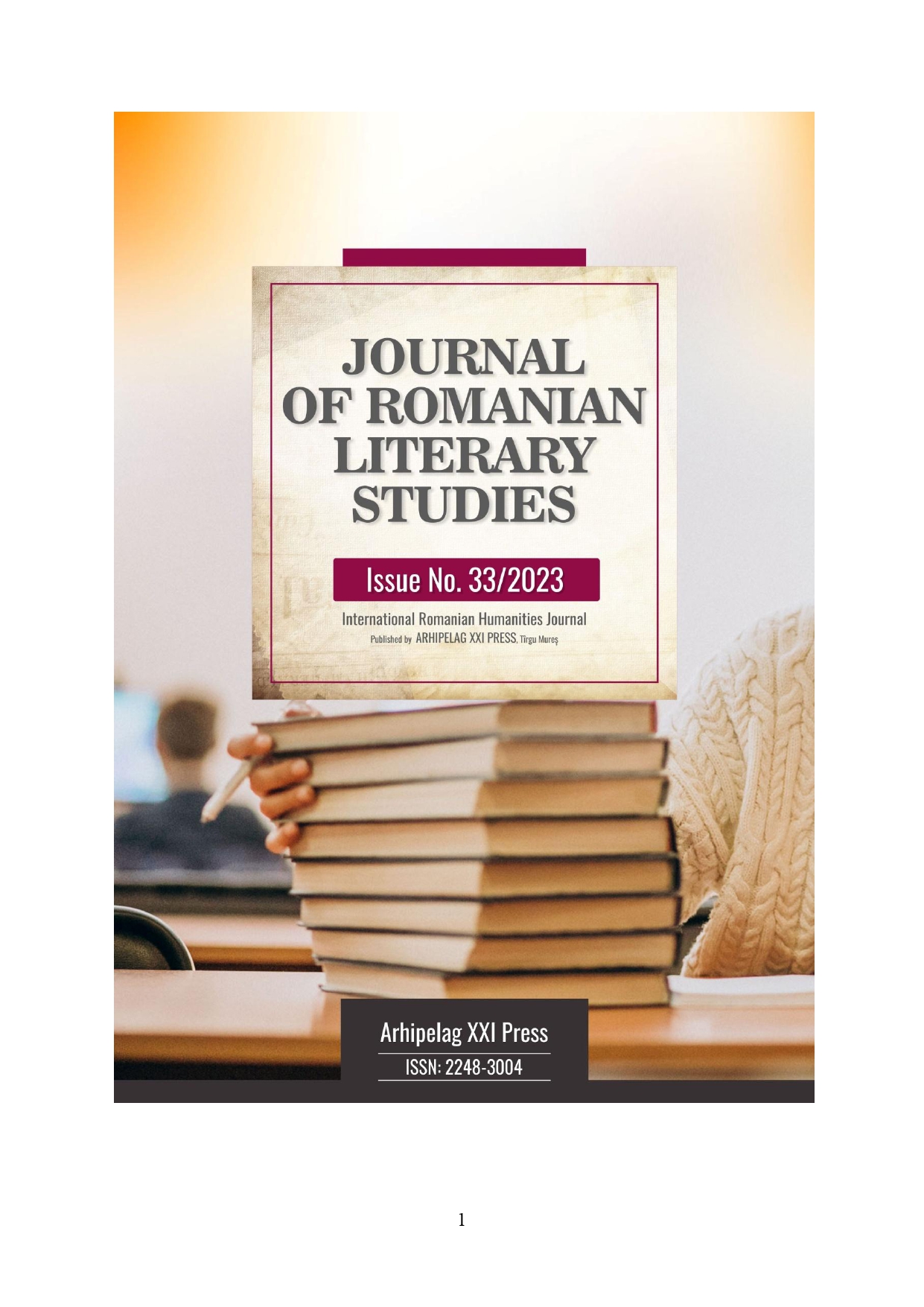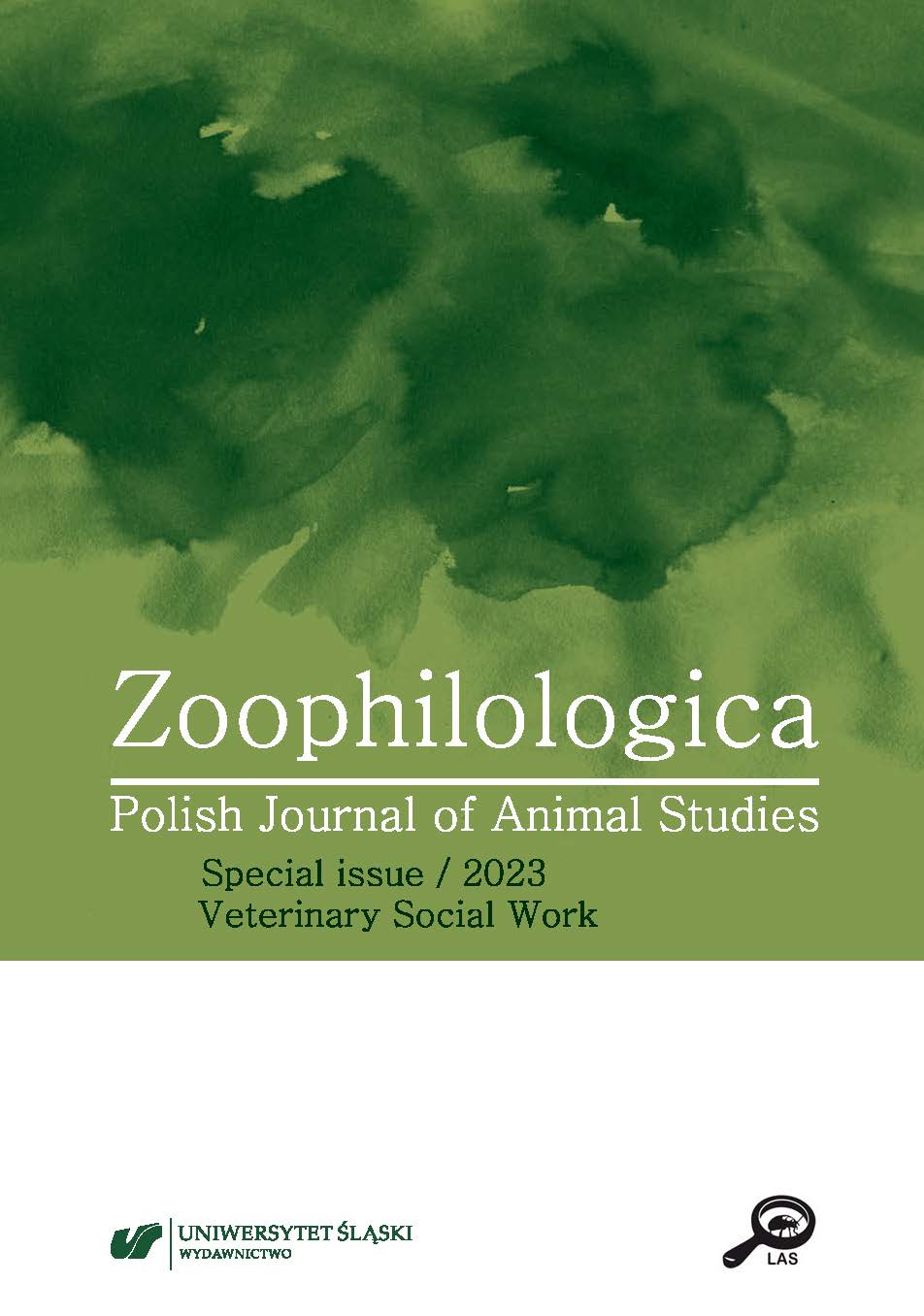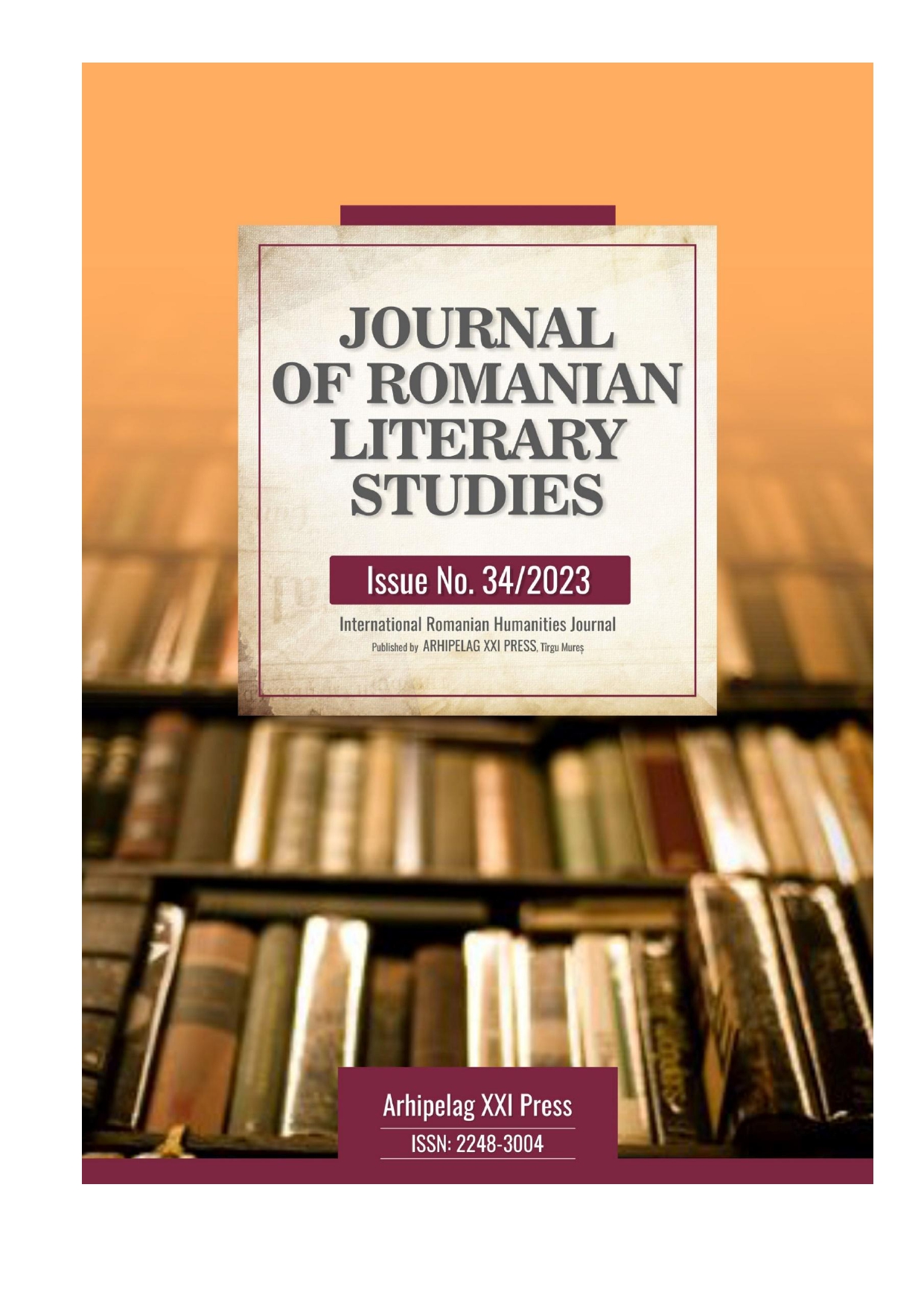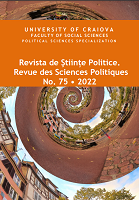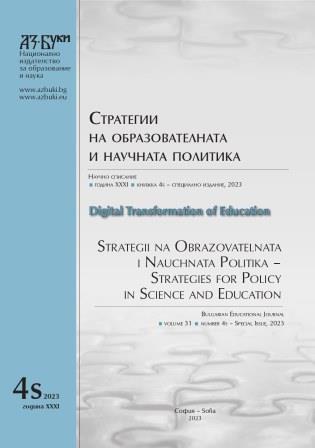
Determining the Degree of Digitalization of a Higher Education Institution
The digitalization of education institutions has become increasingly important in the modern era, where technology plays a vital role in teaching, learning, and administrative processes. This article aims to explore and present a framework for determining the degree of digitalization within (higher) education institutions, considering both quality and quantity factors. By analysing various factors such as infrastructure, curriculum integration, digital tools and resources, student engagement, administrative systems, as well as the scale and depth of digital implementation, this study provides a comprehensive approach to assess the level of digital transformation. Additionally, the article discusses the potential benefits and challenges associated with digitalization, emphasizing the need for strategic planning and implementation to ensure effective integration of technology in educational settings. The findings of this research contribute to a deeper understanding of the digitalization process in (higher) education institutions, considering both the quality and quantity aspects, and provide valuable insights for educators, administrators, and policymakers seeking to enhance and optimize digital learning environments.
More...
